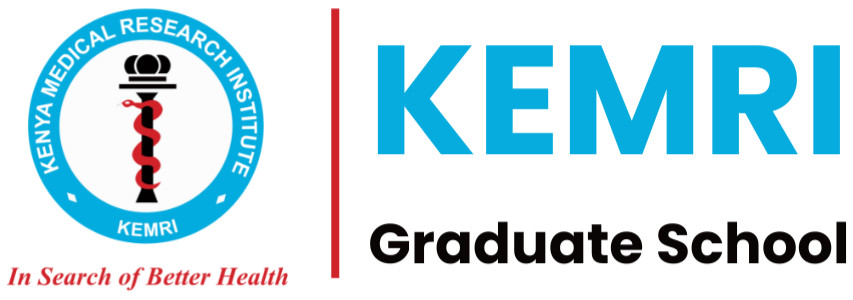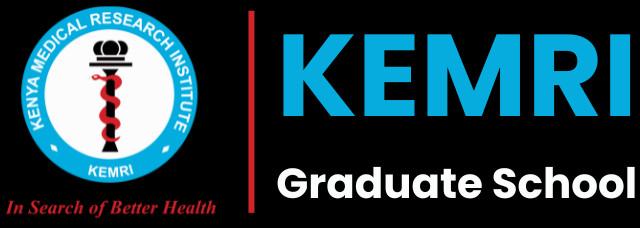In a major step towards addressing the intersection of climate change and public health, KEMRI has launched three innovative academic programmes in collaboration with the University of Liverpool.
The announcement was made on 15th, October 2024 during the 3rd Health and Climate Change Scientific Conference that brought together health experts and researchers from around the globe are designed to build capacity for Universal Health Coverage (UHC) in the face of escalating climate-related challenges.
The programs, which will be offered through KEMRI’s Graduate School, include: the Health Journalism and Public Health Communication, Health Impact Assessment (HIA) and Air Pollution, Energy, Climate Change, and Health.
These six-week courses, set to begin in January 2025, will provide both theoretical and practical training for professionals across various fields, including public health, environmental science, media, policy, and research. The aim is to equip participants with the skills to assess and mitigate the health impacts of climate change while driving effective communication on these critical issues.
The Co-Director of the Clean Air Africa, Dr. James Mwitari who unveiled the courses during his presentation, emphasized the growing health risks exacerbated by climate change, such as respiratory diseases, heat stress, and vector-borne illnesses. “These courses are essential for empowering professionals to make informed decisions that promote climate resilience and protect public health,” he stated.
The Health Journalism and Public Health Communication programme seeks to bridge the gap between science and the public by training journalists to effectively communicate health and environmental issues within broader socio-economic contexts. Dr. Mwitari called on media organizations such as Nation Media and Citizen TV to sponsor participants for the course, which is expected to enhance the accuracy and depth of climate-related health reporting.
The Health Impact Assessment (HIA) course will focus on how environmental factors, particularly air pollution, affect public health. Participants will learn advocacy and policy development skills to champion clean energy solutions and address both health and environmental concerns.
In the Air Pollution, Energy, Climate Change, and Health course, students will explore the complex relationships between air quality, energy use, and health outcomes, with the goal of fostering sustainable and adaptable communities.
Brian Orwa, representing the Ag. Director of Research Capacity Building, encouraged interested participants to register through KEMRI’s website starting in November 2024. “These programmes will provide critical knowledge and skills as we confront the health challenges posed by climate change,” Orwa noted.
The launch of these courses marks a significant milestone in KEMRI’s commitment to advancing health research and training in a rapidly changing global environment

